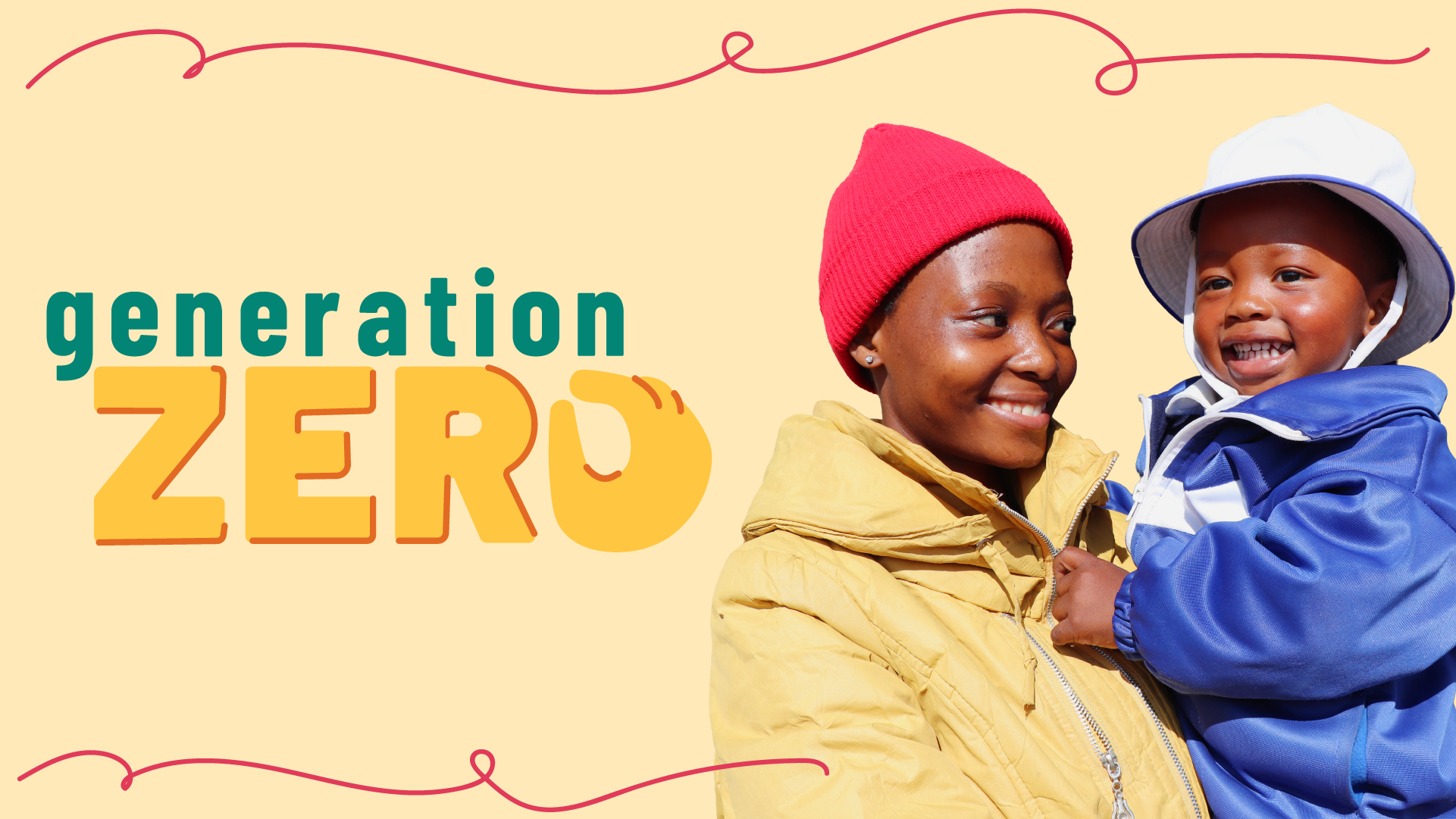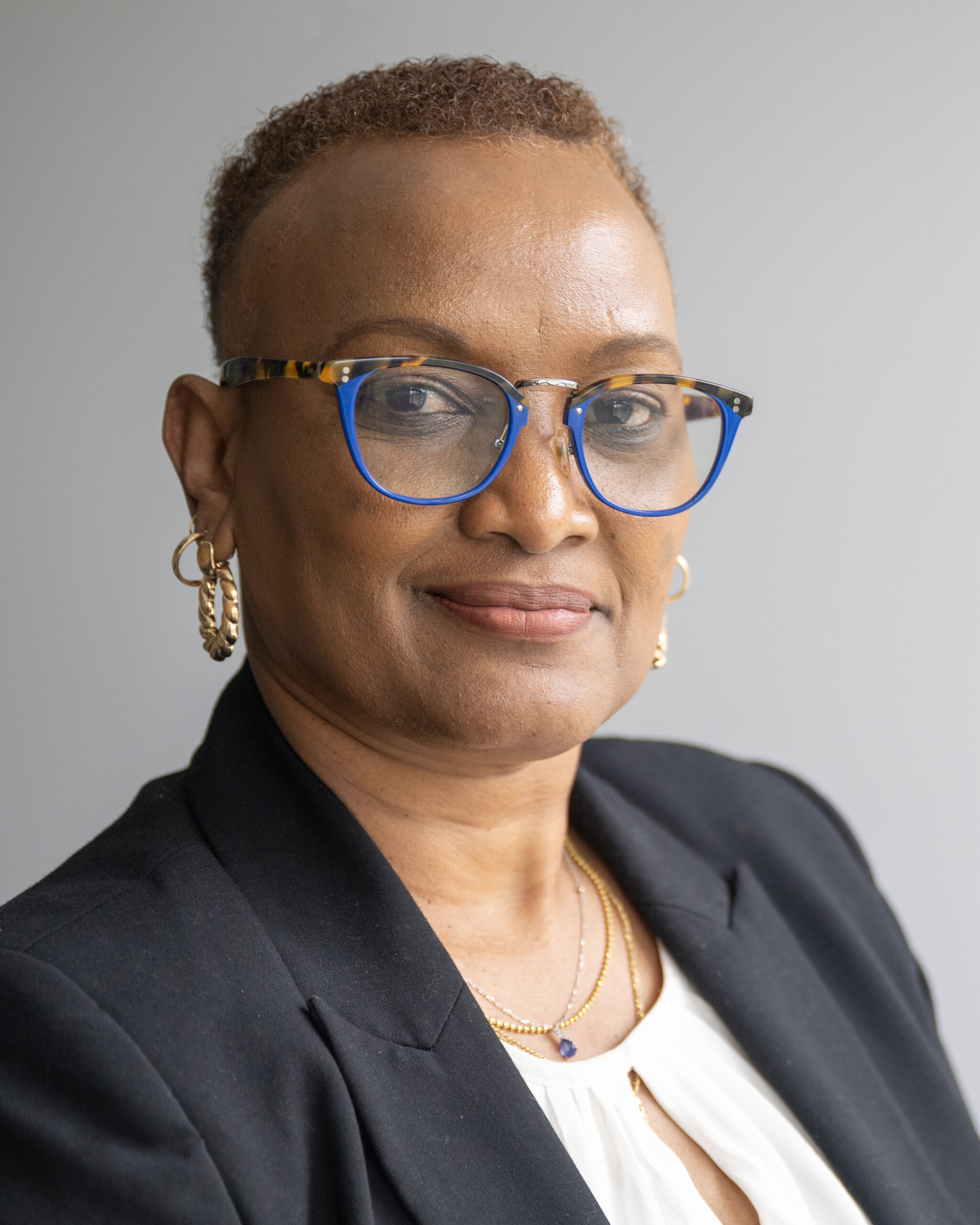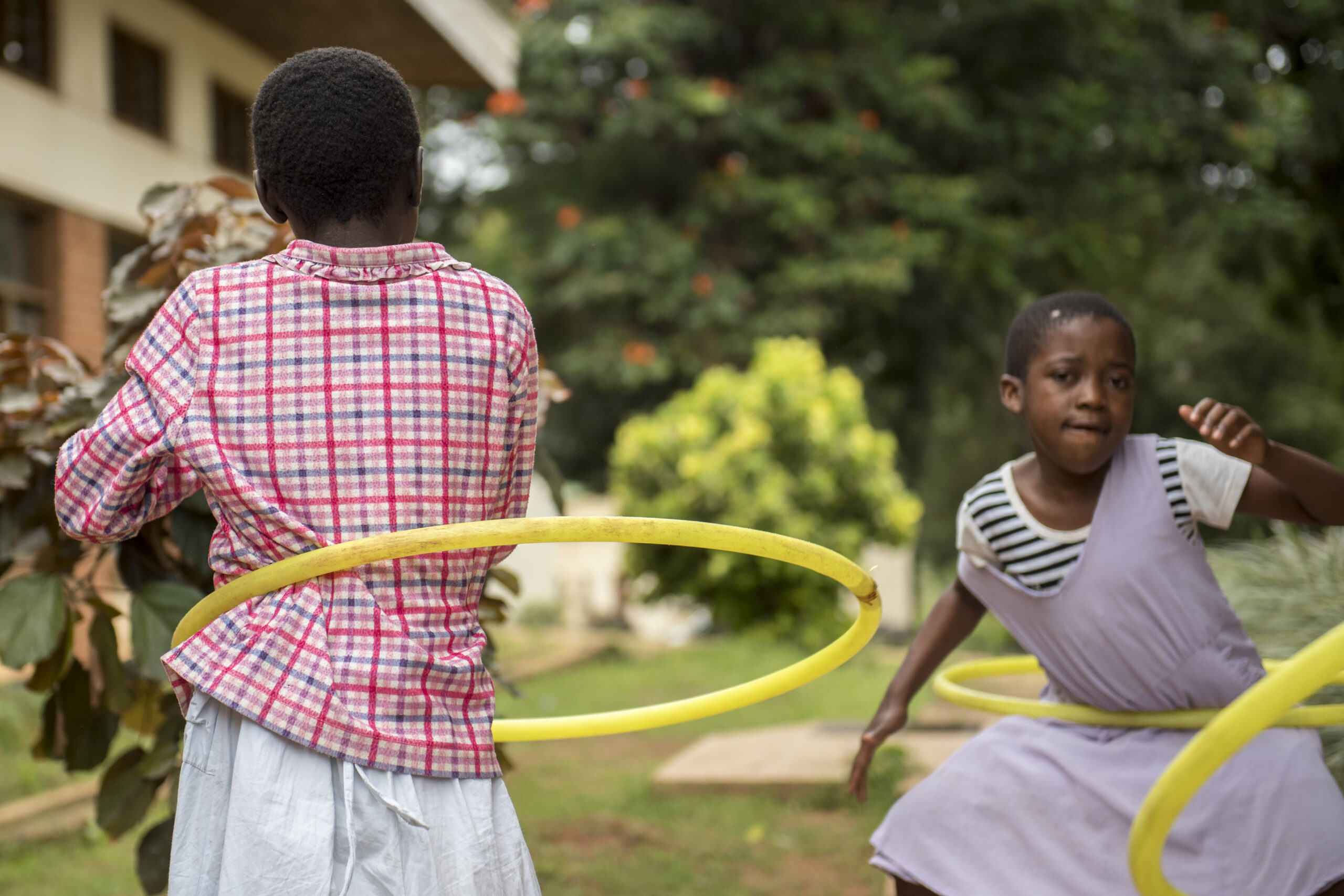One Tuesday morning in early August, Scovia Beraho, 29, tuned in as usual to Radio Ankole, a popular station that serves southwestern Uganda. The disc jockey announced that throughout the week the nearby Rubaare Health Center would be providing health screenings at no cost.
Health workers were conducting cervical cancer screening, HIV/AIDS counseling and testing, family planning, and other vital services — arranged through a Wellness Campaign led by the Elizabeth Glaser Pediatric AIDS Foundation (EGPAF) with support from the Mayanja Memorial Hospital Foundation and the Uganda Health Marketing Group.
Scovia spoke with other women in her community who had visited the clinic the previous day. They urged her to take advantage of the opportunity. Scovia’s husband of ten years also encouraged her to go, but he refused to go himself. This stance by many men creates a challenge for the women in their lives.
“For me, I know my [HIV] status but he does not,” sighed Scovia after she was given a clean bill of health. His lack of knowledge about his own health endangers the health of Scovia and his three children.
Lack of male involvement in health care has increasingly drawn the attention of health organizations around the world. Studies have shown that male involvement in the prevention of mother-to-child transmission (PMTCT) of HIV services reduced the risks of vertical transmission (mother-to-child) and infant mortality by more than 40 percent.
However, societal norms still create barriers for health workers trying to include men in their family planning, wellness, childbirth, and other health care initiatives. In response, many organizations are rolling out programs to break this pattern.
The efforts are starting to pay off. In fact, through groundbreaking work by EGPAF and other organizations, the men in Scovia’s community are increasingly choosing to support their wives and to monitor their own health.
Teamwork Keeps a Family Healthy
Tumwekwase Evans, 28, is one such man. He participated in the Wellness Campaign with his wife, Nayebare Sylvia, 22.
“When I heard about the services on the radio, I said we have to go—it will help us,” said Evans.
Evans explained that because the couple has lost family members to AIDS, they routinely get tested together. He has always tested negative.
Sylvia was pleased that her husband brought the Wellness Campaign to her attention and noted that she was most interested in family planning services and testing for cervical cancer.
Serving as agents of change in their community, Sylvia and Evans often share with others the importance of testing for HIV together. Through mutual support, they are able to maintain their health and provide a stable life for their three daughters.
A Community Elder Leads Through Example
Katoori B., 65, is another change agent, using his status as a local counsel government chairman to advocate for male involvement. He explained that when a couple seeks health services together, it “helps them so that they trust one another.”
“[And] when you know your status, the anxiety goes away,” Katoori added.
Katoori actively mobilizes men in his community through meetings, at which he shares news of health services and reiterates the importance of men coming to the clinic with their wives.
Focused Effort Yields Results
As a leader in the global effort to increase male involvement in health care, the Elizabeth Glaser Pediatric AIDS Foundation has partnered with FHI 360 on a study in southern Uganda. Through the study, 32 respected men in the community were nominated to serve as champions or emanzi to lead community discussions on gender and health.
During the first half of 2014, EGPAF reached nearly 11,000 couples in the district with HIV counseling and testing.
Based on this success, EGPAF has trained another 350 male emanzi and has scaled up the male involvement initiatives to two additional programs, OHTA (Optimizing HIV Treatment Access Among Children) and ACCLAIM (Advancing Community-Level Action for Improving Maternal and Child Health and PMTCT).
In total, the Wellness Campaign in Ntungamo District, which operated for five days, served more than 1,000 men, 140 of whom came seeking services with their wives or significant others.
Scovia hopes that in the future her husband will join the ranks of those men who participated in the health screenings.
“The biggest challenge is … when women hear these programs, they come,” she said, “but their husbands do not.”
Learn more about EGPAF’s male involvement programs.
Savannah Russo is a Global Health Corps fellow working at EGPAF-Uganda as the research and documentation officer. She received her master’s degree in International Studies and a graduate certificate in Women’s Studies from Old Dominion University in Norfolk, Virginia. She has previously worked on women’s development programs in Rwanda, South Africa, and Haiti.




